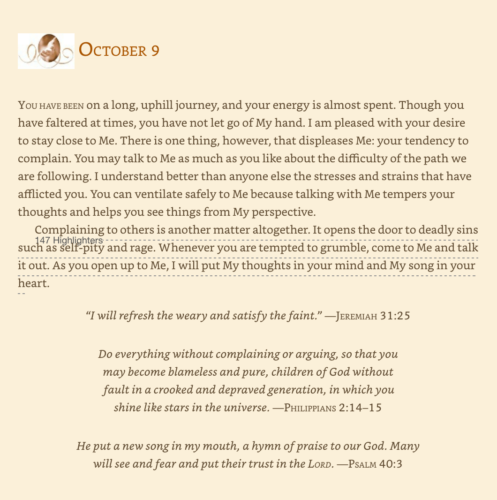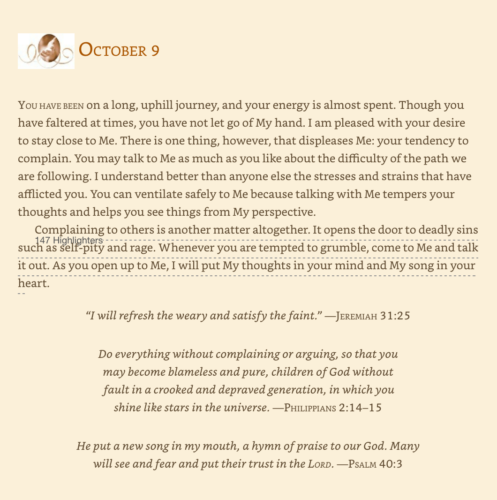True Realism
In his 1980 talks on the prophets, Richard Rohr delves into the message of hope found in the book of Isaiah:
When the prophet Second Isaiah* is writing, it’s to people who are still in the midst of unbelievable pain and suffering. The ancient Israelites are still exiled and enslaved in Babylon, and they have been for decades. I imagine they would be overwhelmed by hopelessness. Yet in the midst of their exile, Isaiah writes what biblical scholars call the “Book of Consolations.” Isaiah says that injustice and evil are not the final reality. Instead, the final reality is the comfort and compassion of God. The prophet stands in that place of trust. Isaiah becomes the prophet of hope because he knows God is not neutral but is involved in history. [1]
Rev. Douglas Donley writes about Isaiah’s hope for those in exile:
The experience of the people Second Isaiah wrote to was not unlike the experience of the ancestors of many of the people gathered in our congregations who were yanked from their homes in Africa and forced to work [in slavery] on the plantations of North America and the West Indies.
Second Isaiah gives hope to the people who must try to sing the sacred songs in a strange land. In exile and despair, Isaiah preaches a word of hope. Too many of us have lost hope and see the future as nothing but bleak.… So to a people who are in a strange land, with a strange language, with laws and religious beliefs that seek to squelch any kind of integrity that they may have at their disposal, God through Isaiah speaks these words of comfort and hope:
You shall go out in joy,
and be led back in peace;
the mountains and the hills before you
shall burst into song,
and all the trees of the field shall clap their hands. (Isaiah 55:12) [2]
Rohr continues:
Hope is not primarily for the future. It’s for now! Hope is a way of seeing time and understanding the present. It’s a way of tasting and receiving the moment. It gives us the capacity to enter into the future in a new way. In that sense, we can call hope true realism, because hope takes seriously all the many possibilities that fill the moment. Hope sees all the alternatives; it recognizes and creates an alternative consciousness. That’s the hope of the prophet.
The person who can see the moment fully is never hopeless. Hopelessness is an experience whereby a person’s sight is set in one direction: “The only way I’ll be happy is if such and such happens.” When we can imagine only one way to be happy, we don’t recognize the fullness and possibilities of the moment. We collapse if our one way is taken away from us. That’s the power of the prophets—to recognize that there is always another way for the promise to be fulfilled, another way for Divine Love to reach us. [3]

